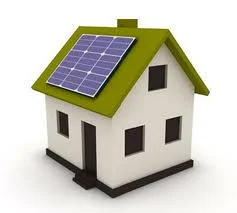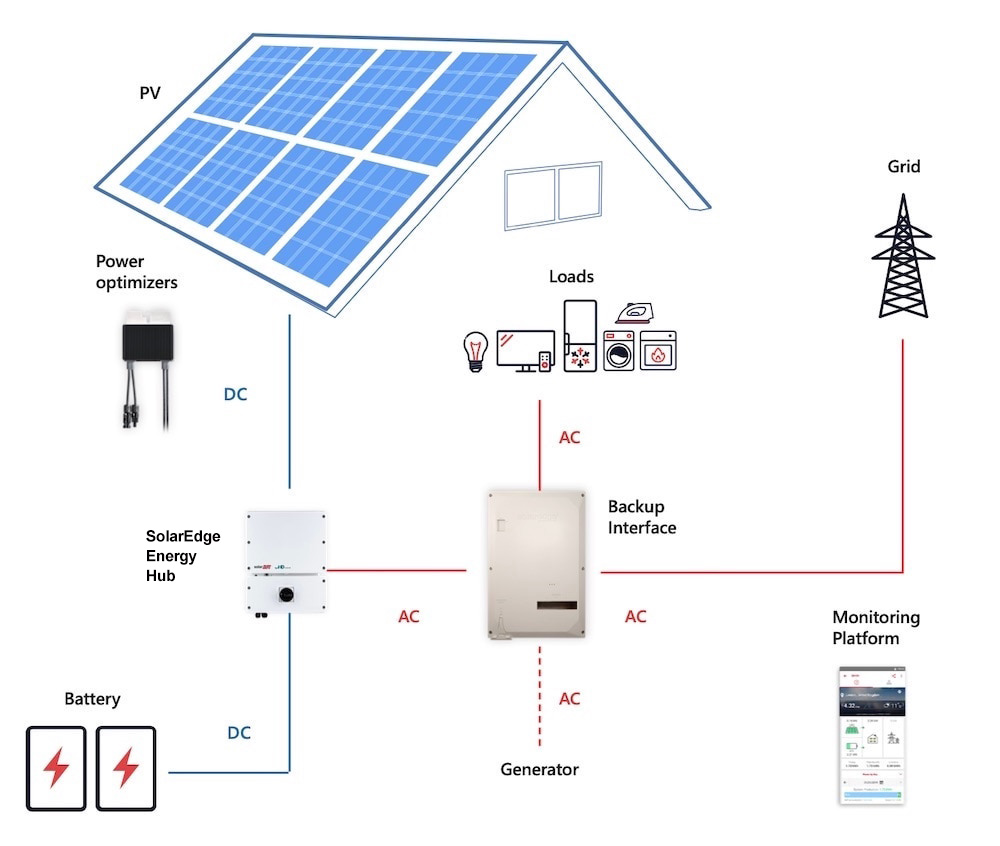
Introduction:
Solar panels for homeowners, latest info 2024, are used to power everything from calculators to sports stadiums to satellites—and they can just as easily be used to power a home. You don’t need to be a rocket scientist—or anything close to it—to get solar panels for your home. Today, going solar is a routine home improvement project that comes with the benefits of energy cost savings, reduced emissions, and increased home value.
How Do Solar Panels Work on a Home?
Solar panel technology relies on photovoltaic (PV) cells that use silicon as a semiconductor and insulator. Each cell is relatively small and usually produces 1-2 watts of power. The PV cells are connected in chains to form modules or panels to boost power production. The modules can be used separately or combined to form arrays. PV cells are sandwiched between glass and/or plastic protective materials to weatherproof them, and the solar panels also employ an anti-reflective coating to increase their sunlight absorption.
If you’ve ever felt the heat radiating off the road on a hot day or watched the highway and seen heat reflecting off the road, solar panels operate a bit more effectively. When sunlight hits the asphalt, the heat from the sun makes the molecules on the road’s surface move faster and become warmer. With solar panels, the sunlight doesn’t make them hotter. Instead, the sunlight is absorbed by the cells and transformed into something useful: electricity.
So how do solar panels work on a house? The PV modules and arrays are mounted in a way that best orients them toward the sun. This allows them to garner the sunshine most efficiently, even on cloudy days. The PV cells in the solar panel array absorb energy from the sunlight. Metal plates alongside the cells collect the direct-current (DC) electrons produced and transfer the power to connecting wires. A solar inverter converts the electricity into the alternating current (AC) that powers the appliances in your home. If your solar array is tied to the grid, excess energy produced by your panels can be sold back to the grid, further reducing your overall power costs. If you add home battery storage, you can integrate it to store excess power and create your microgrid.

Types of Solar Panels for Homeowners:
There are three main types of solar panels.
Monocrystalline:
These panels are the most common type. They are more expensive than polycrystalline panels but more efficient, so they are better suited for smaller roofs or arrays. Some have an extra conductive layer to increase energy absorption. These panels can be less efficient during cold weather.
Polycrystalline:
These panels represent older solar technology. They lack the efficiency of newer models but cost less. Polycrystalline panels can have some variation in color and consistency among panels that can affect their curb appeal.
Thin-film:
These panels offer the sleekest appearance. Completely black, they blend in easily on roofs. Since they are the least efficient option, more panels may be required to generate enough power for a home. They are mainly used for solar farms.
solar panels for homeowners, set-ups:
Beyond deciding what type of solar panels are best for your residence and needs, you must also evaluate your solar panel system connectivity. There are three basic set-ups:
- Off-grid solar systems are ideal for remote locations with no grid access or for someone who wants to live off the grid.
- Grid-tied systems allow you to utilize grid power when needed and even send excess energy from the sun to the grid for others to use.
- Hybrid systems connect to the grid but also include batteries to store energy and provide backup power in case of grid outages.
Conclusion:
Solar panels can significantly reduce homeowners’ utility bills. Results vary by electricity rates and solar array size, and savings will vary depending on your location, energy usage, solar panel system size, and electricity costs in your area, but solar panels save homeowners an average of $1,000 to $1,500 annually, and most homeowners reportedly save between $20,000 and $96,000 on utility bills over the lifetime of their solar panels. This cost-savings benefit translates into long-term financial stability for homeowners.
